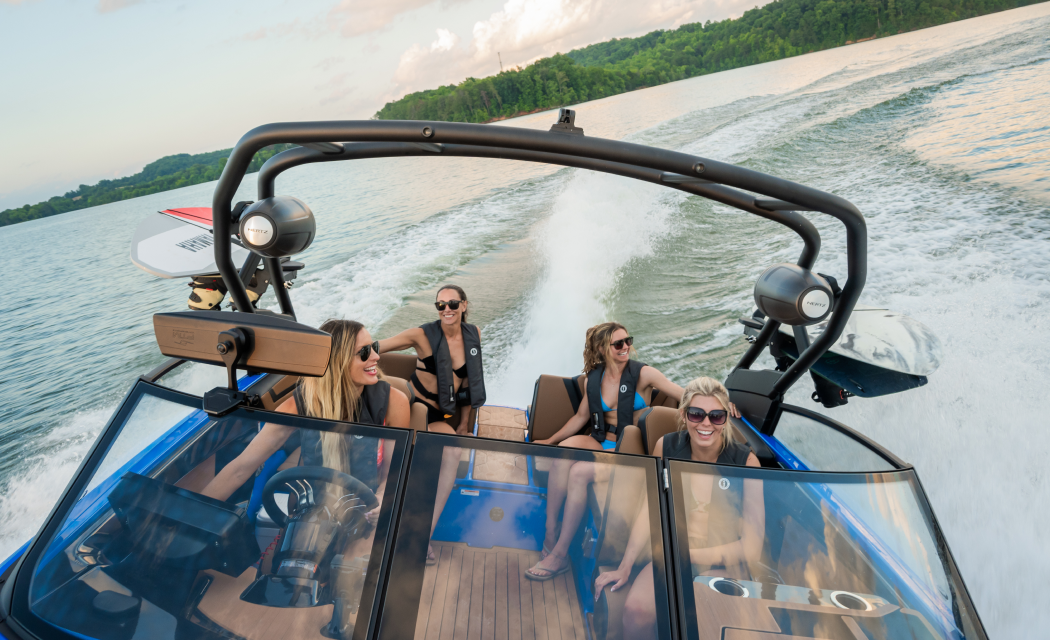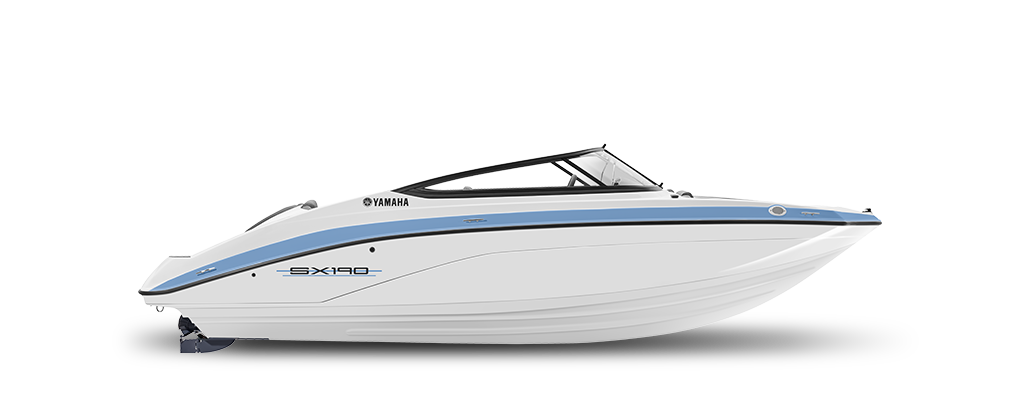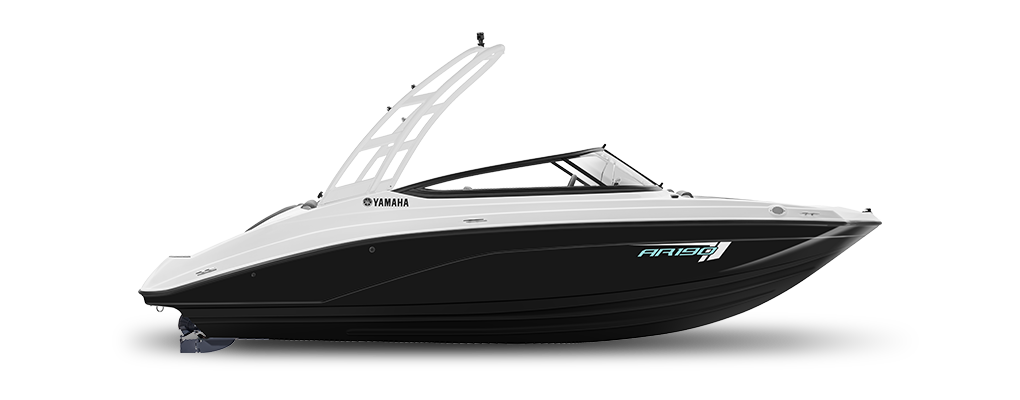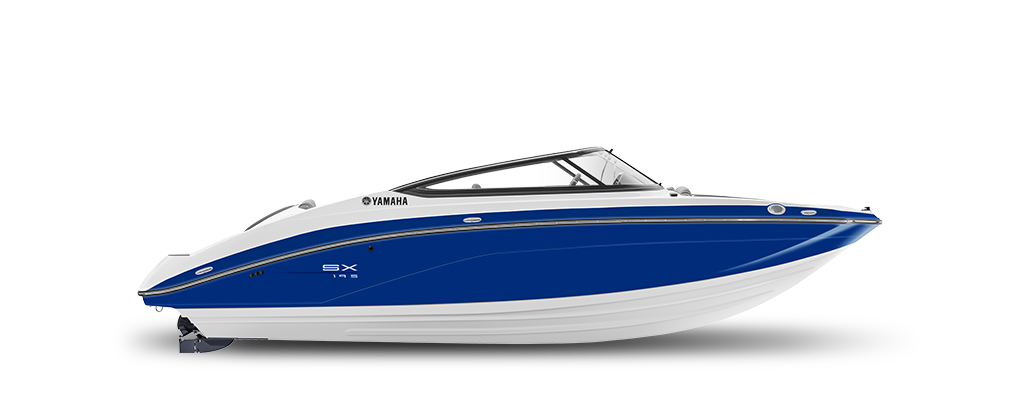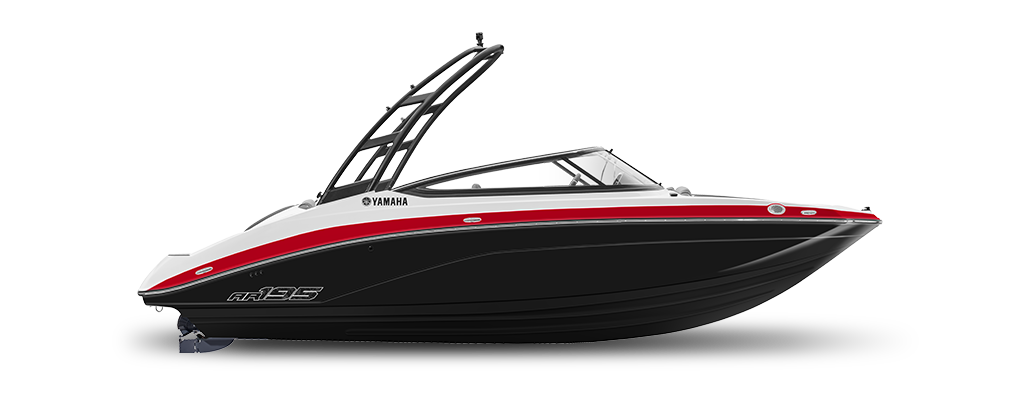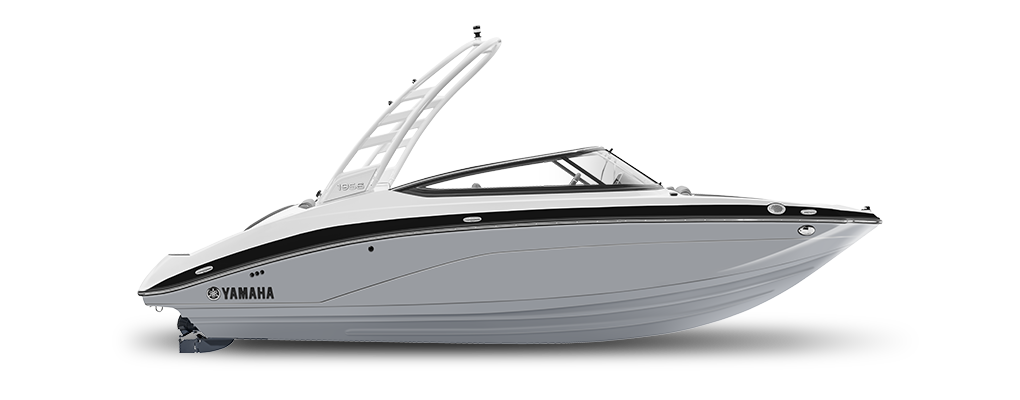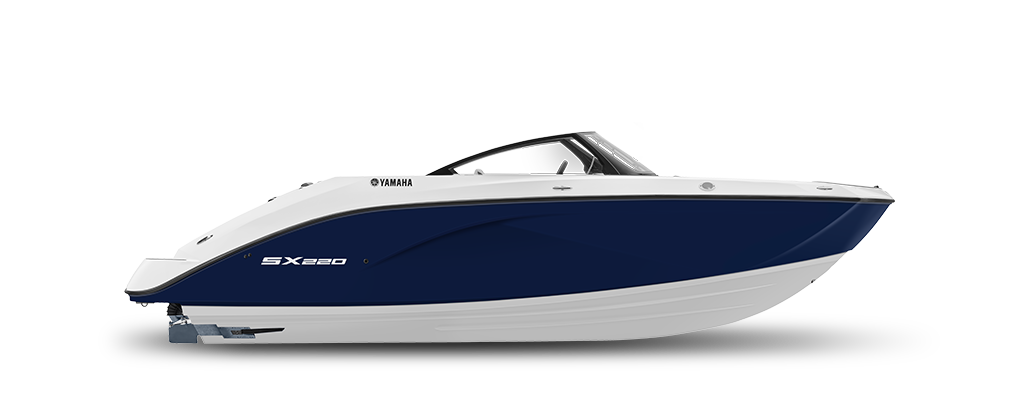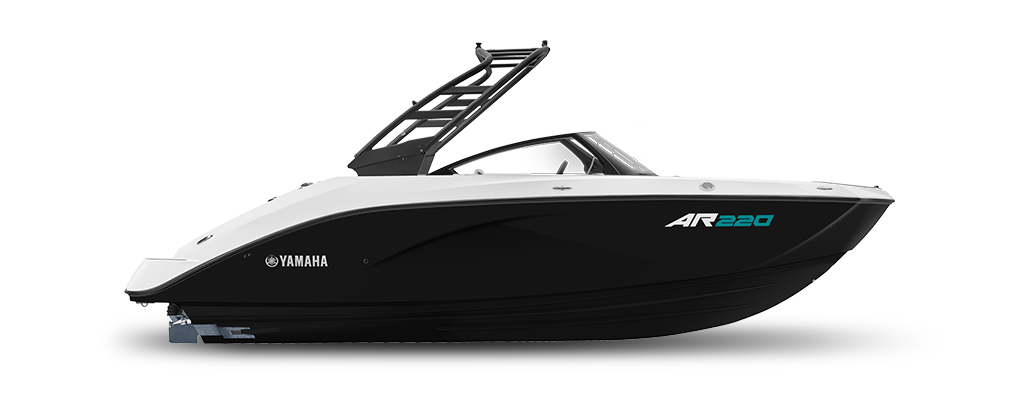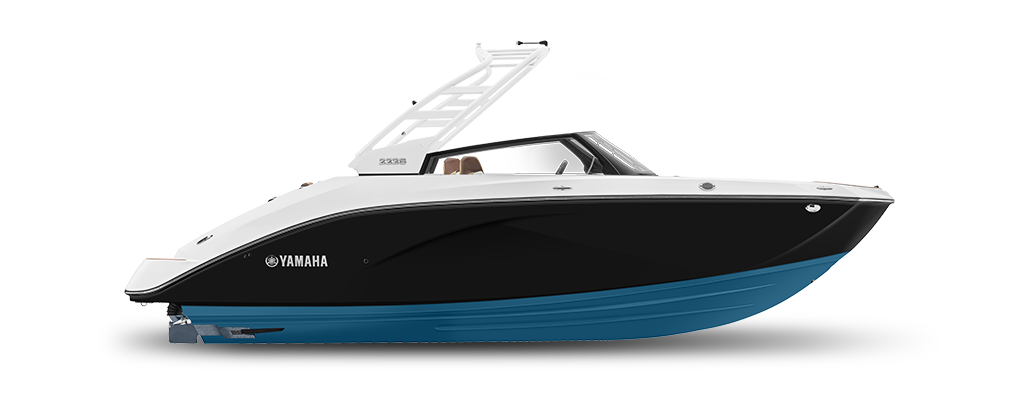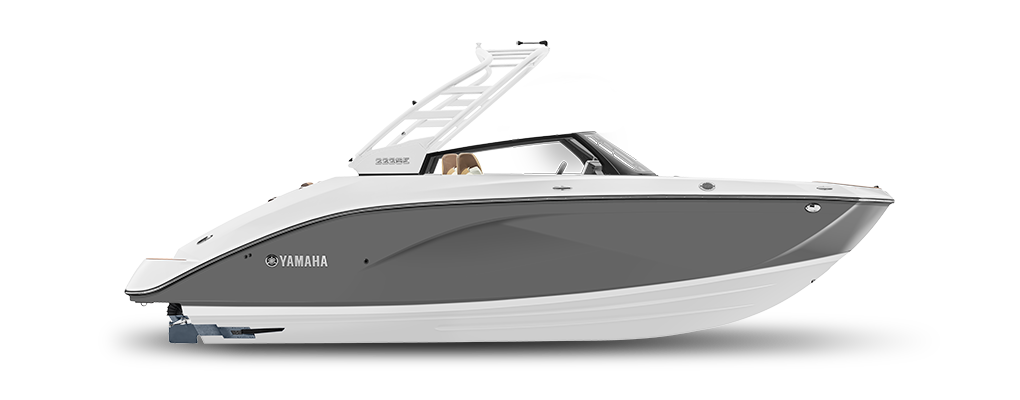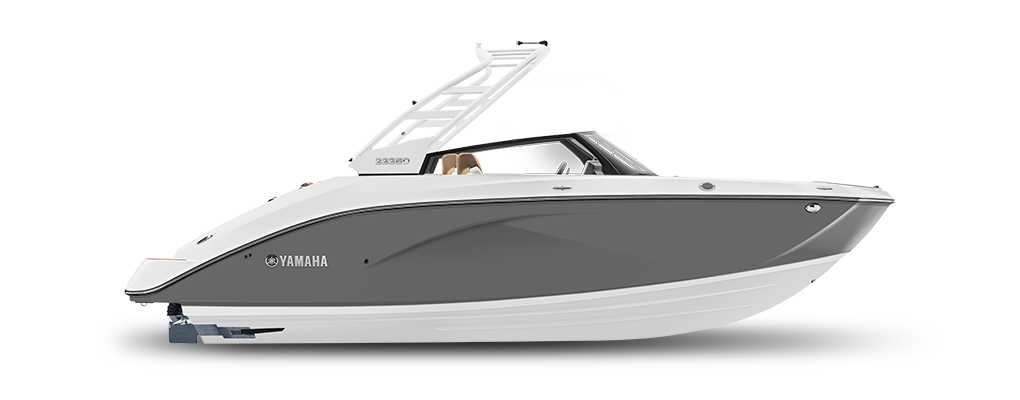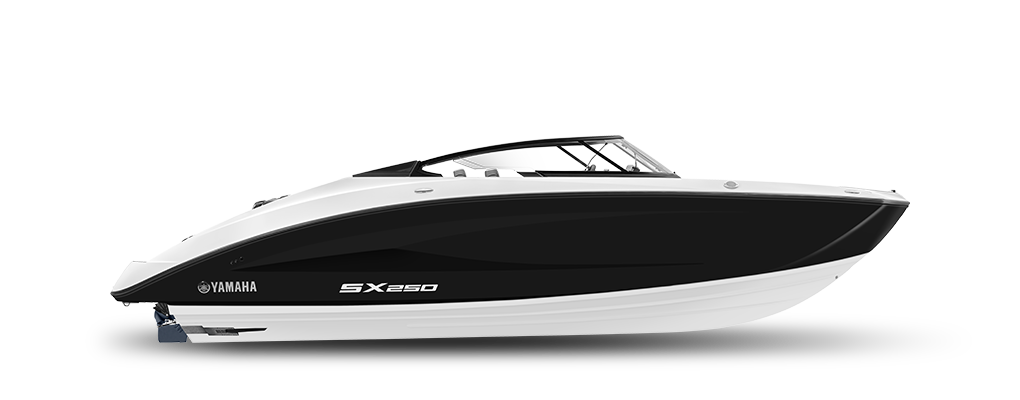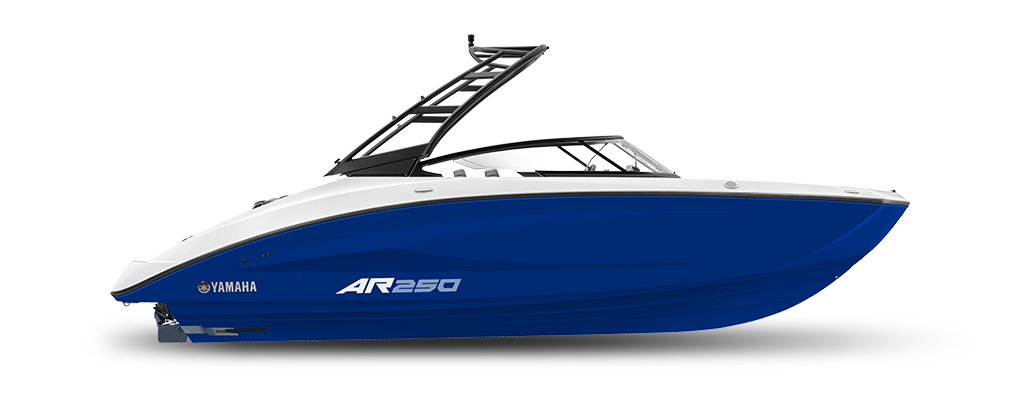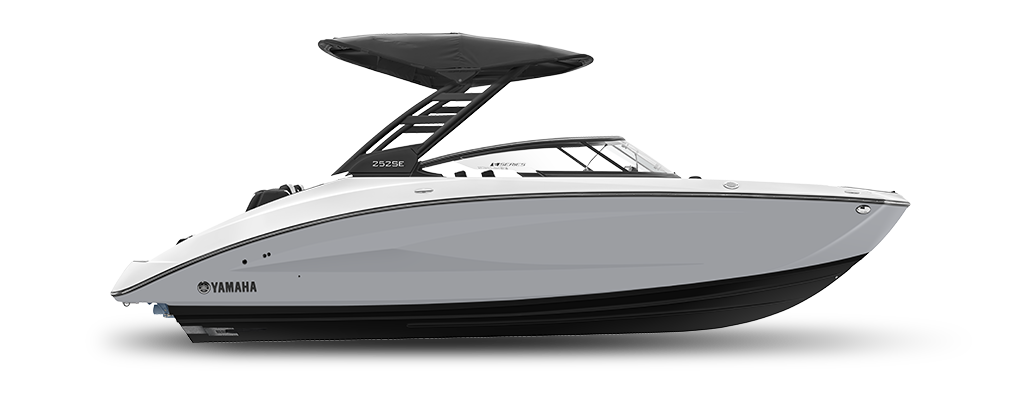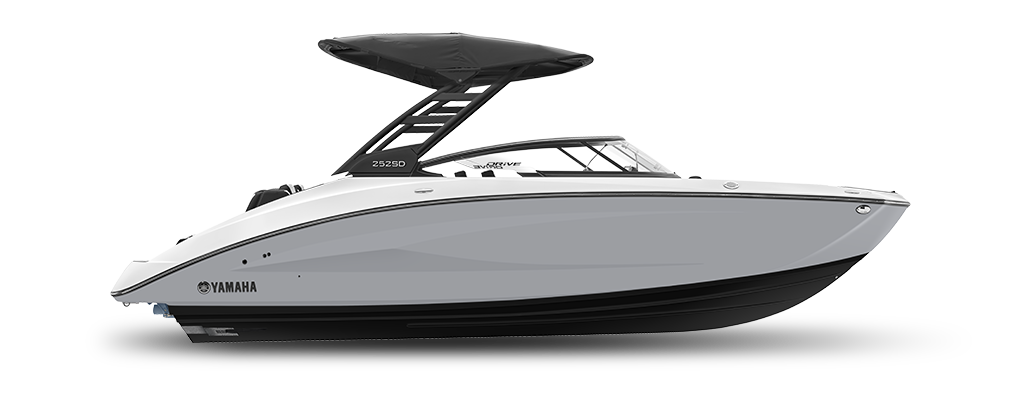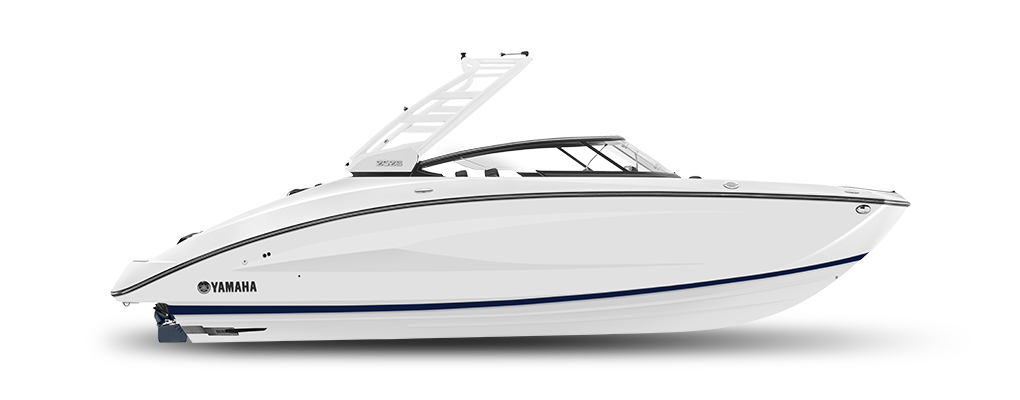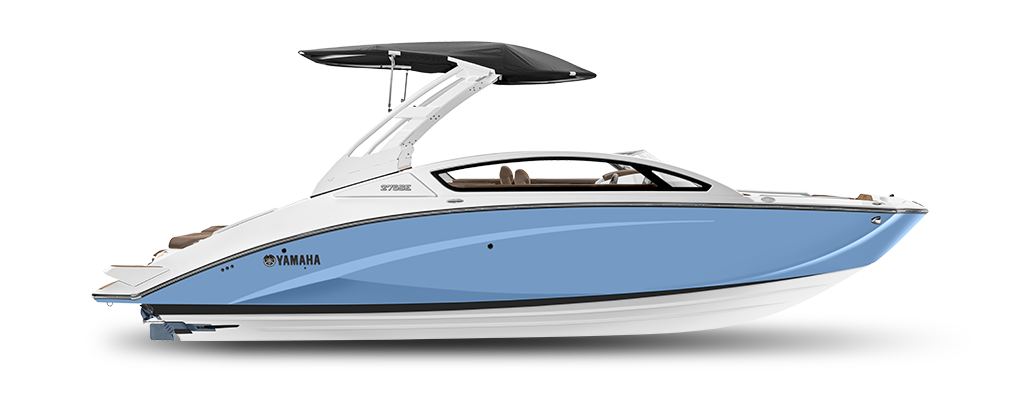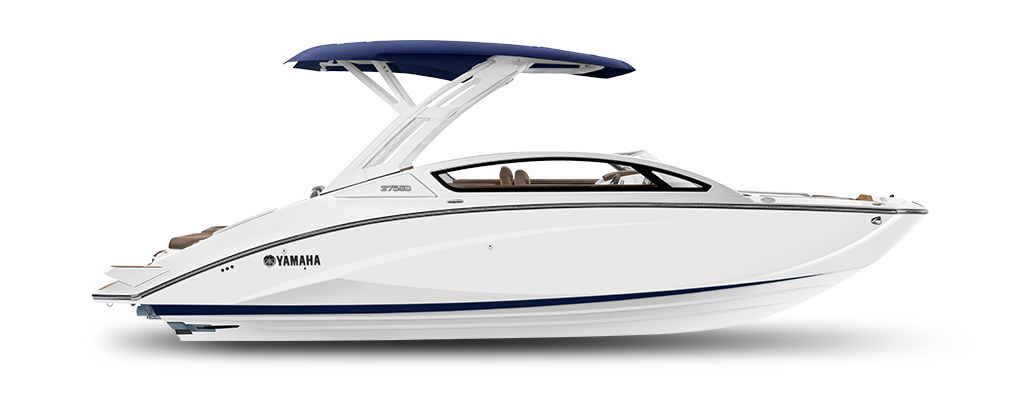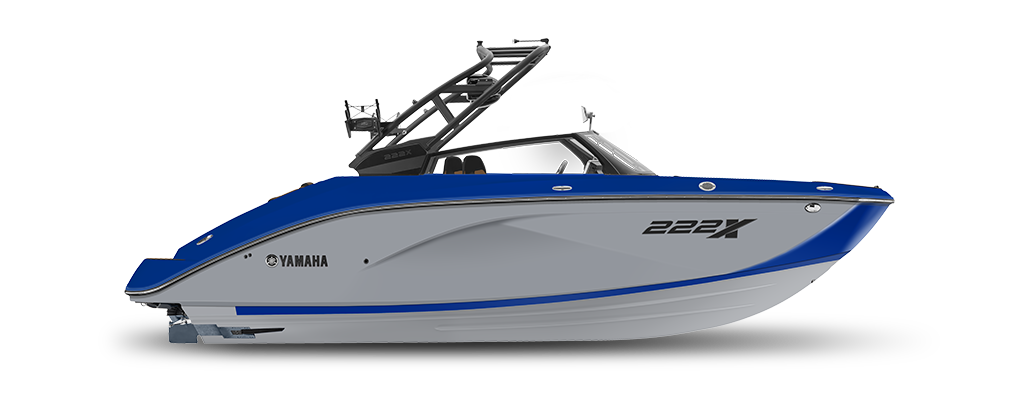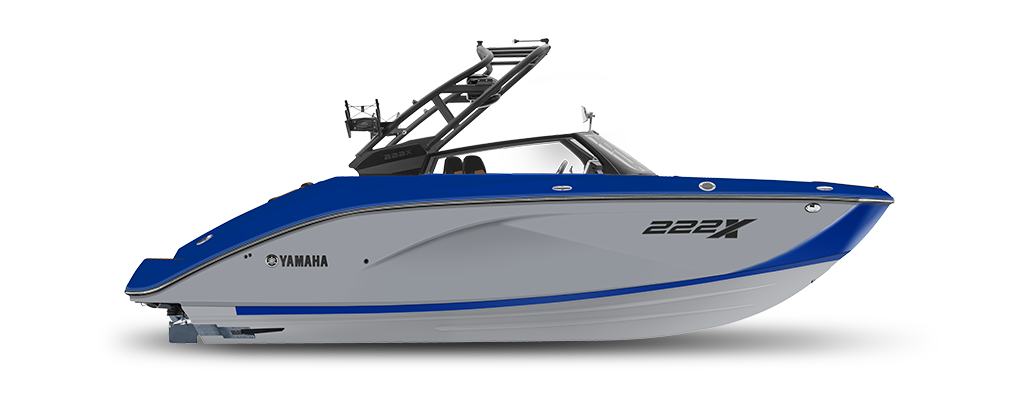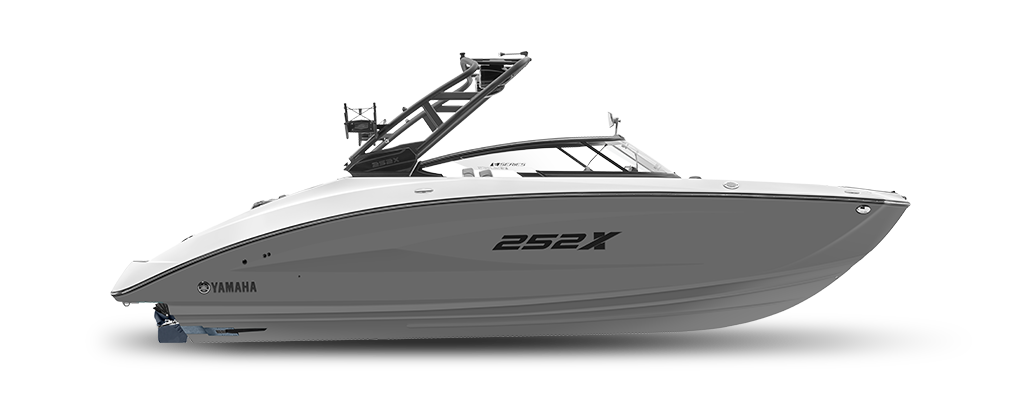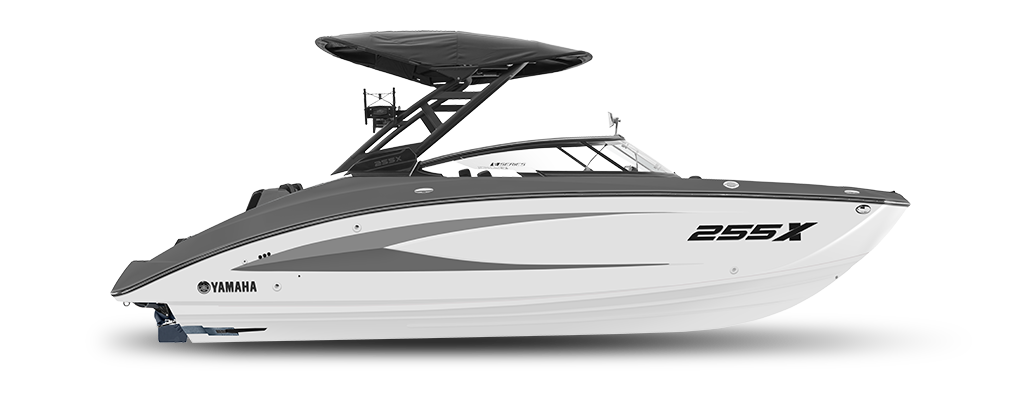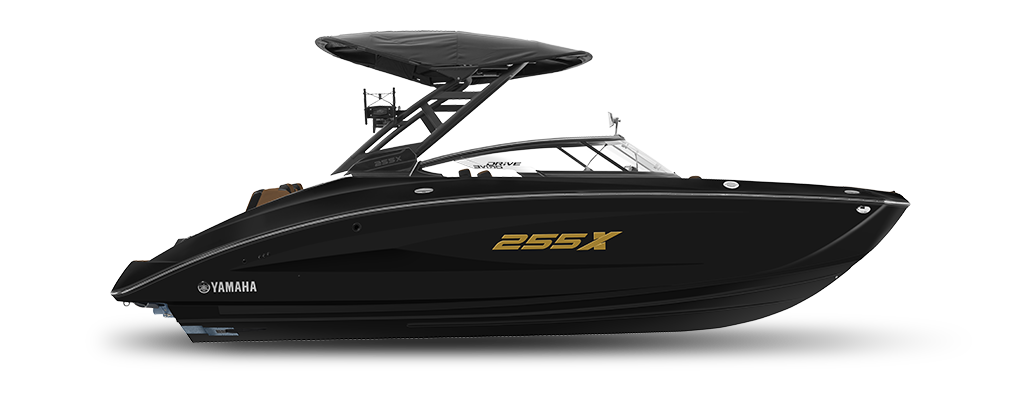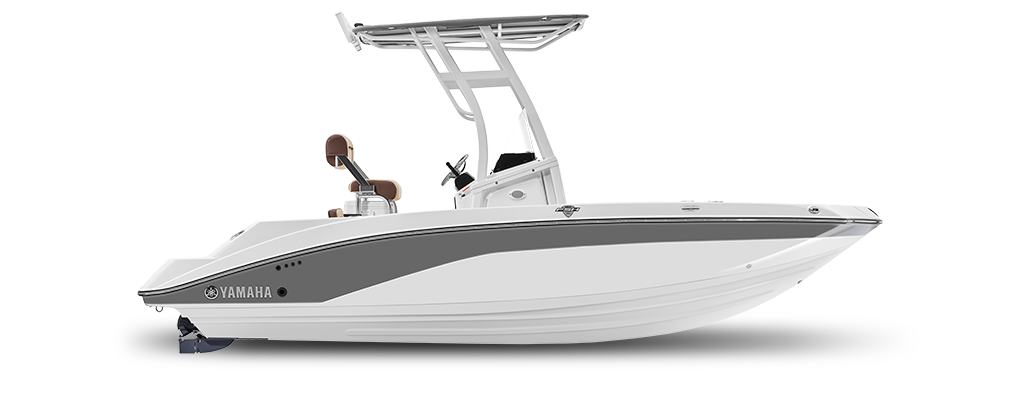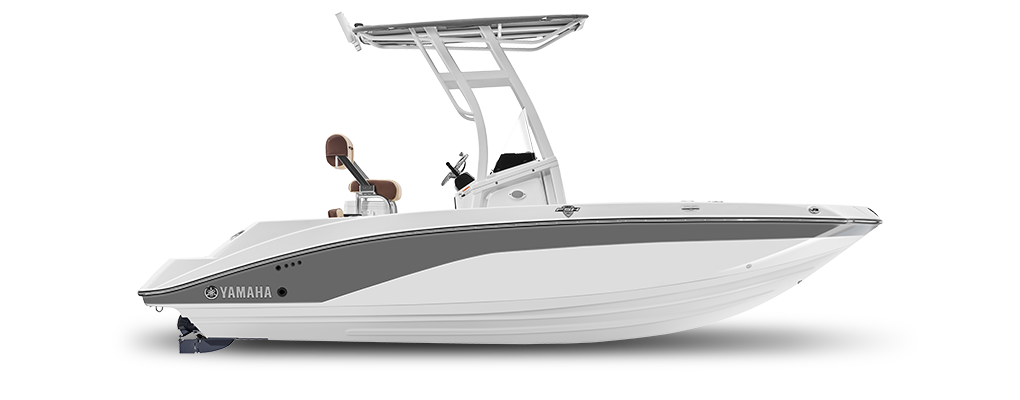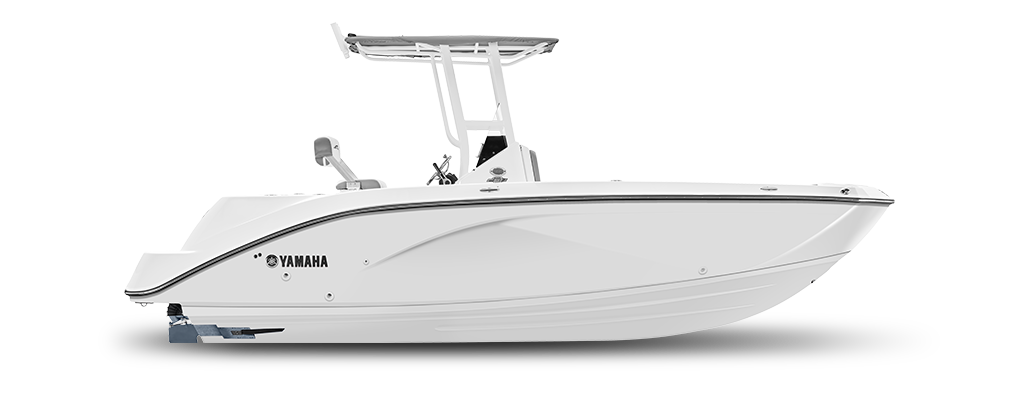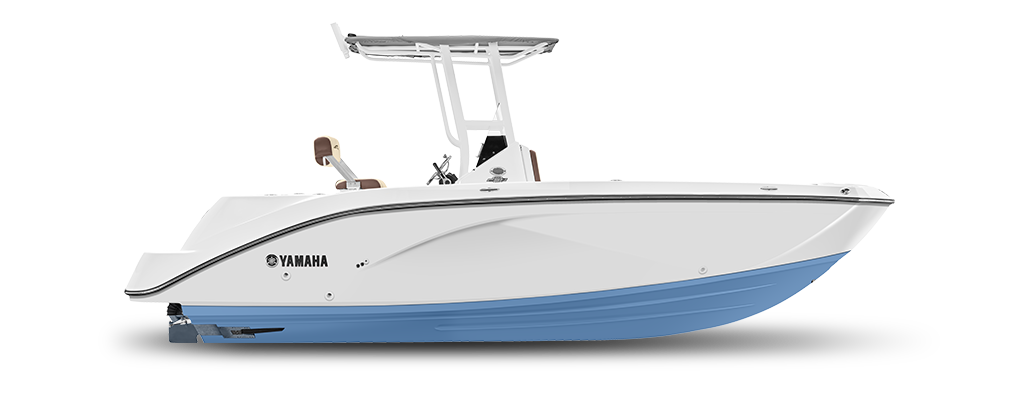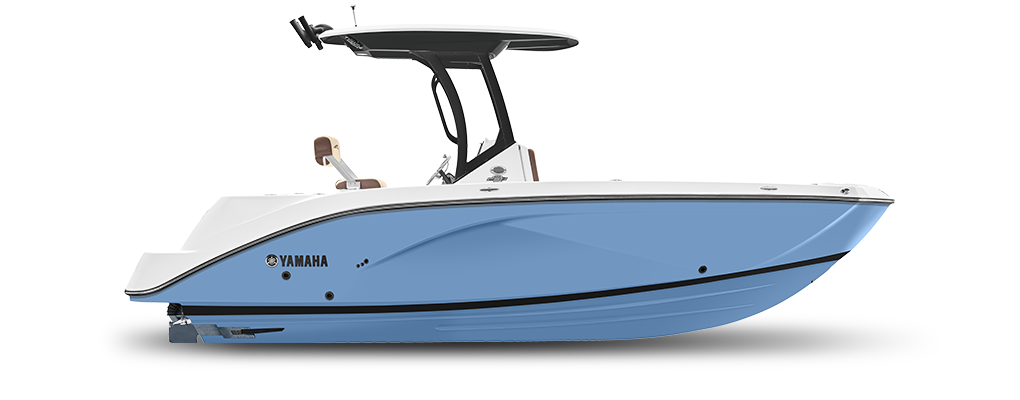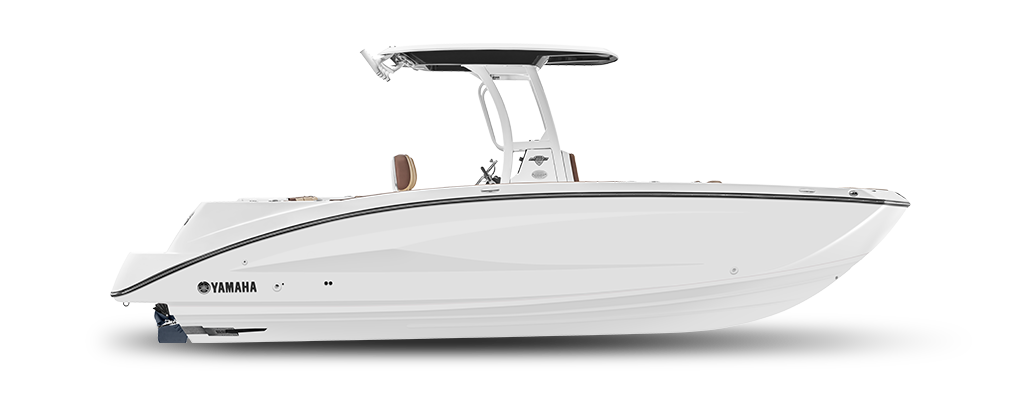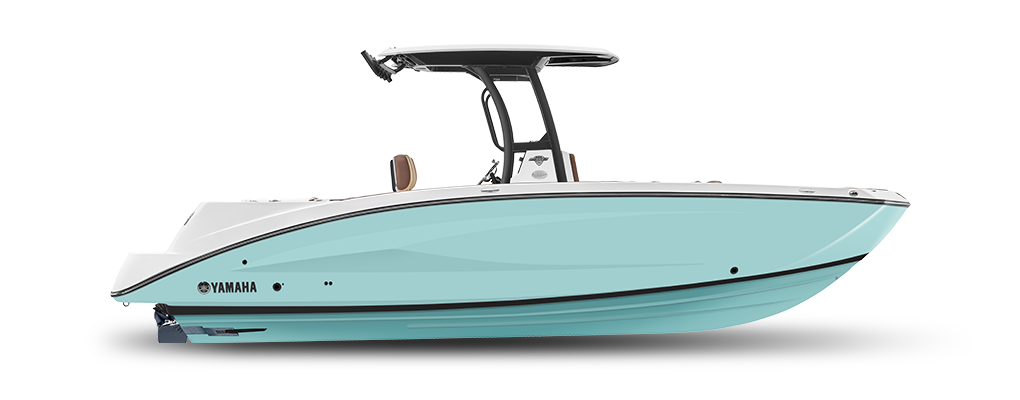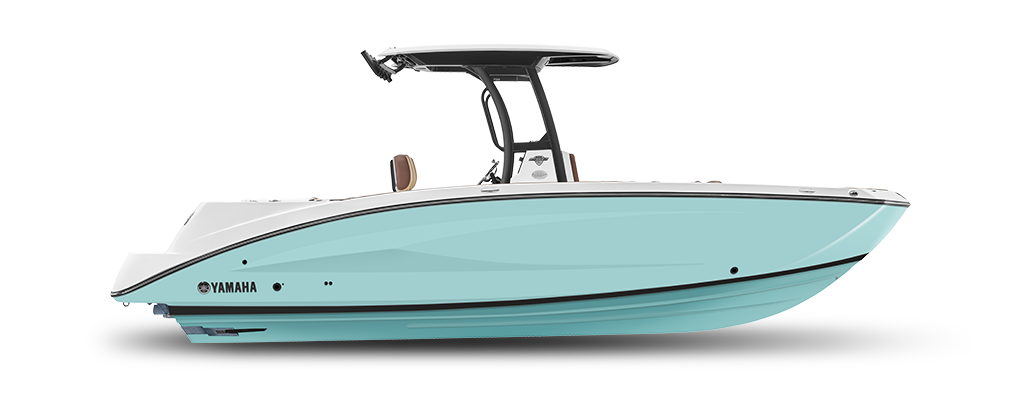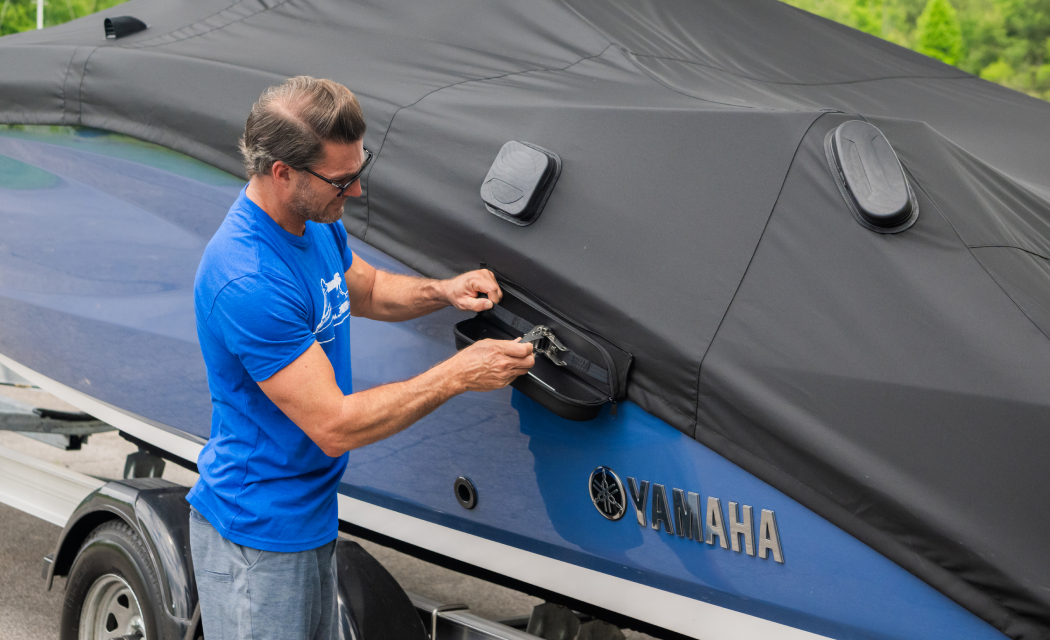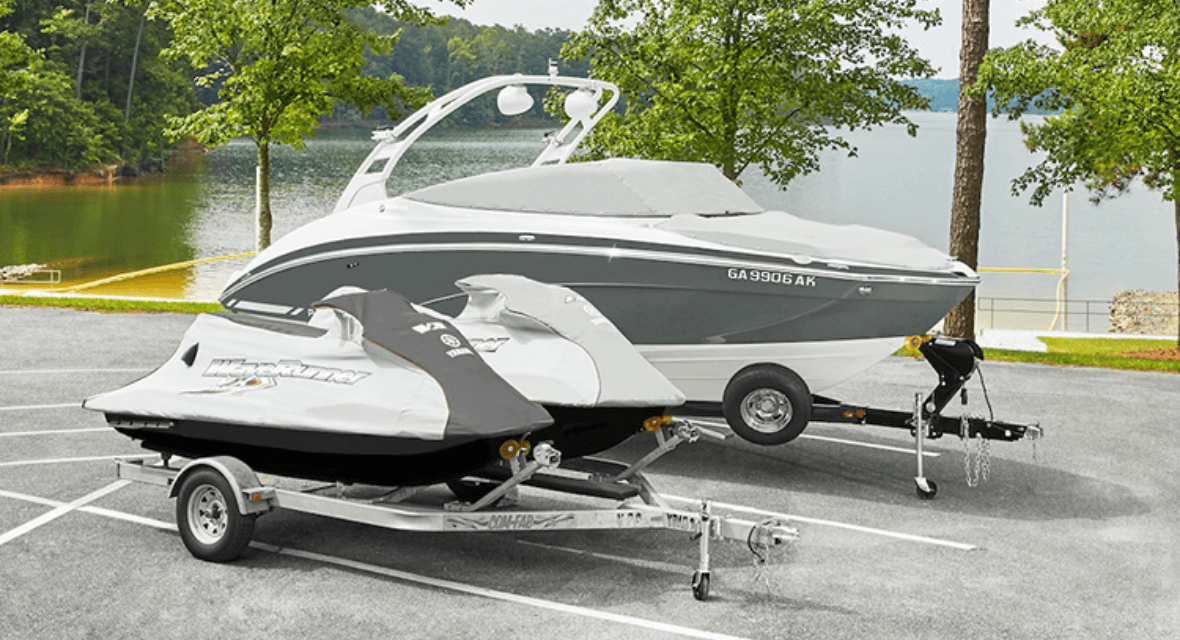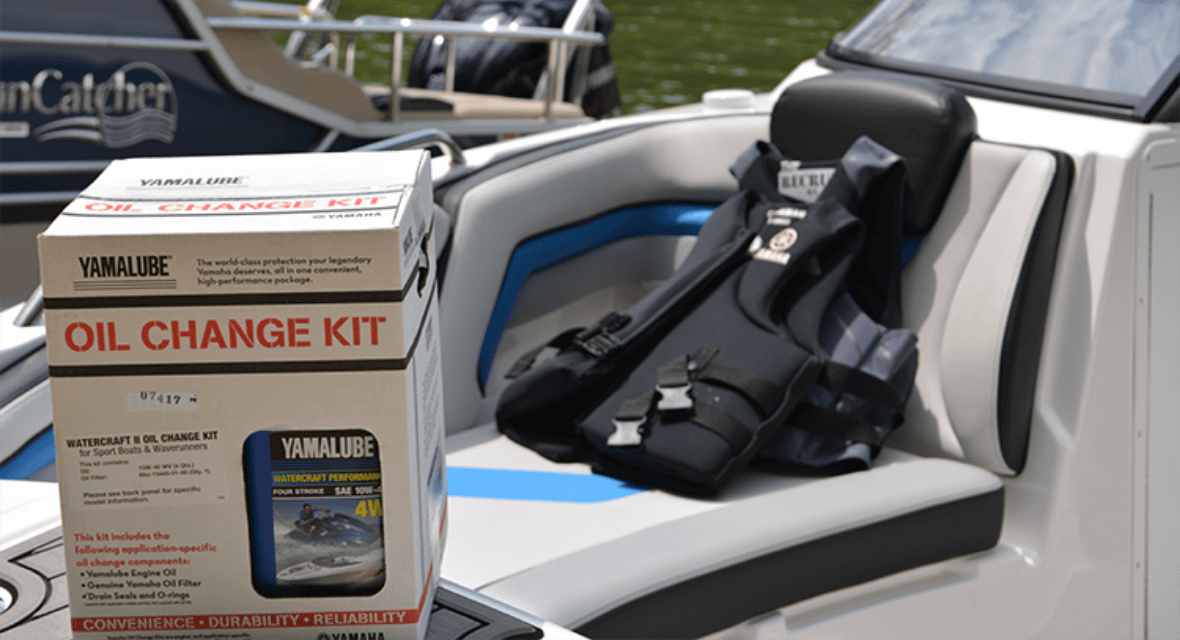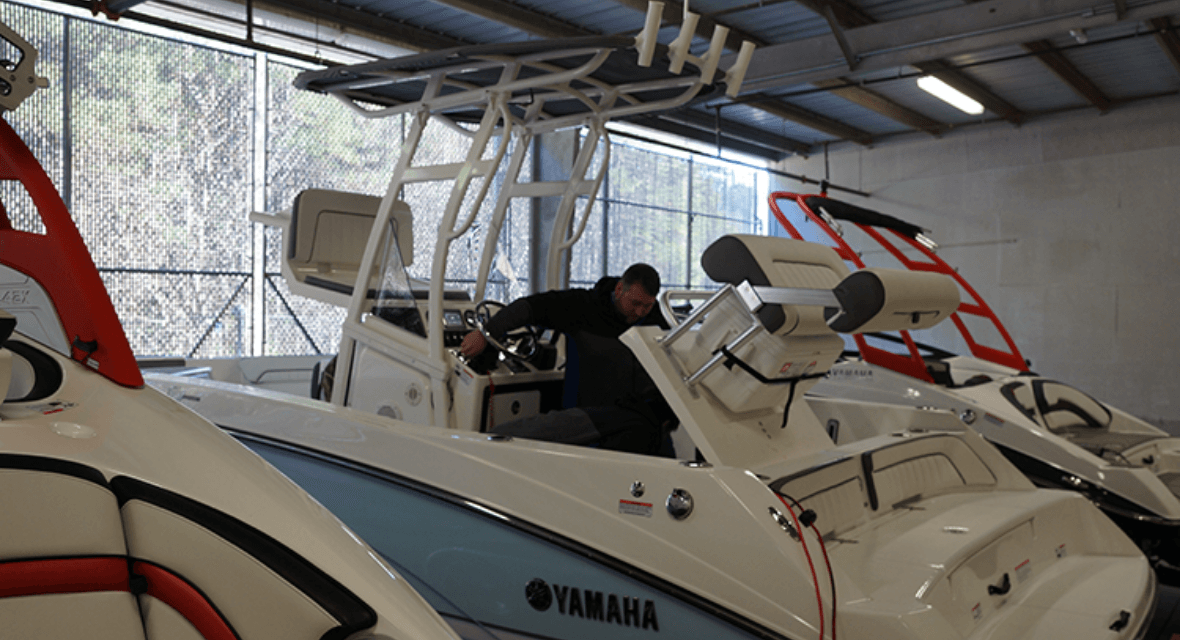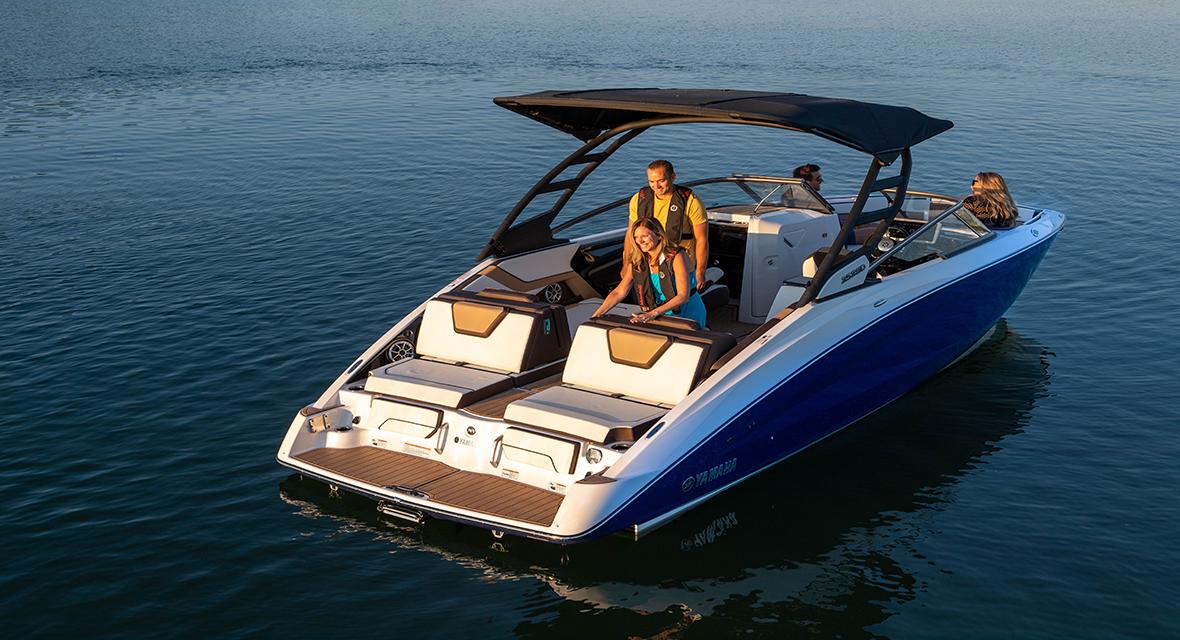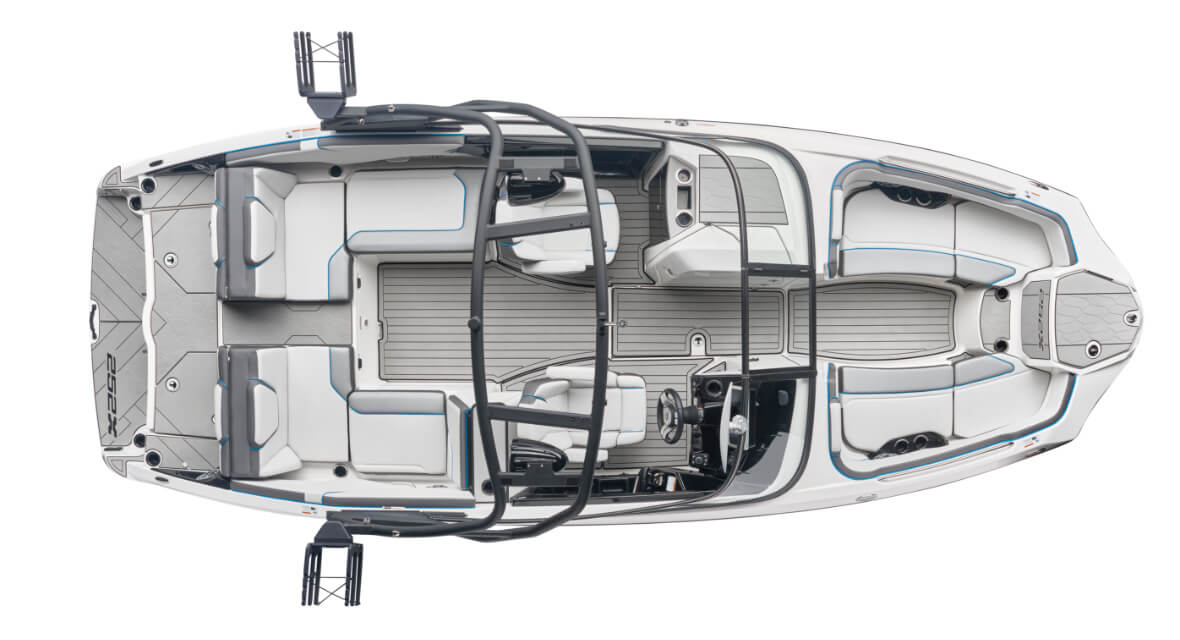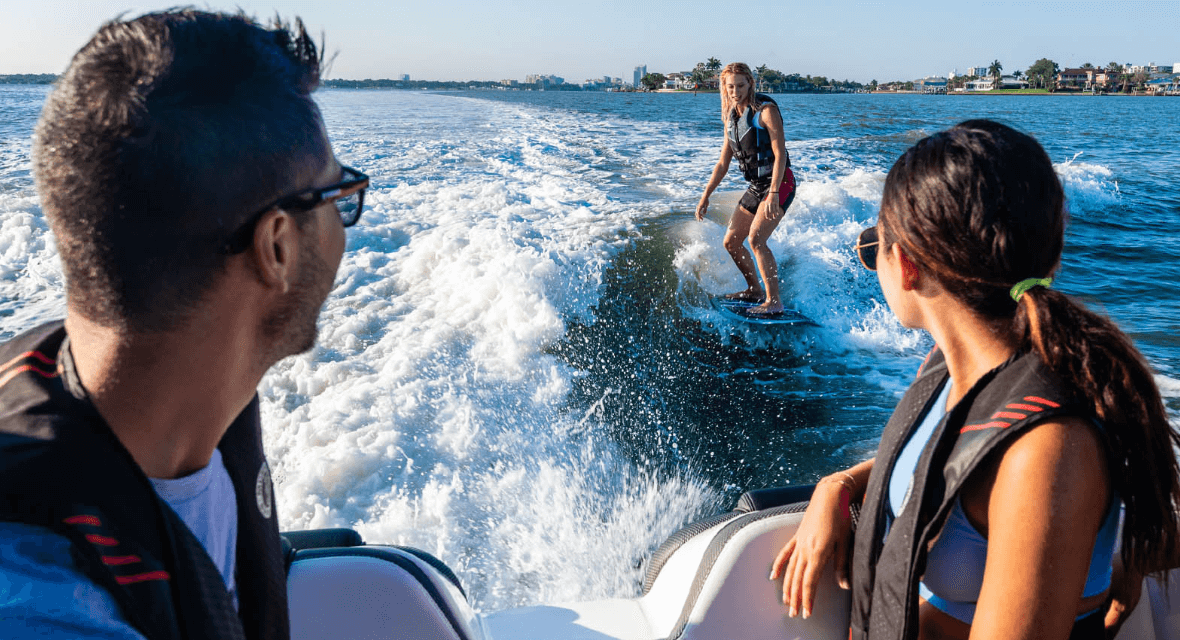DEFEND AGAINST THE ELEMENTS
While your Yamaha boat dealer can help you with, or even do, most of your general and preventive maintenance, corrosion mitigation is something you can only do yourself—and time is of the essence.
Regardless of where you boat, corrosion attacks both the inside and the outside of your boat— every day, all the time. Some forms you can see, some you can’t, and it can take only a short time for the damage to begin. Even those boating in freshwater have corrosion-mitigation duties to attend to. Why, even rainwater can have corrosive effects that can be damaging to your boat. So it’s vital to be diligent in your anti-corrosion defense.
Your dealer can help provide the right products to help prevent some forms of corrosion, but their regular and diligent use is strictly up to you. The following are answers to common questions about how to mitigate the presence and damage of corrosion.
Where do I need to concentrate my fight against corrosion?
Corrosion can happen pretty much anywhere on or in your boat: inside, in your fuel system or in the internal cooling water passages, and on the outside, in various electrical connections and exposed metal components. But don’t worry, you have a lot of allies on your side, and we’re here to help by teaching you where to look and what to look for.
What’s so important about flushing my boat? I boat exclusively in freshwater; do I still need to?
Your Yamaha boat is raw-water cooled, meaning it uses the water it’s operating on as cooling water. All water, fresh or salt, contains contaminants that will eventually build up in the cooling passages over time. Additionally, saltwater is naturally corrosive and any remaining in those cooling water passages after use is left there to do its worst, unabated. Saltwater can also experience crystallization when exposed to heat above 170 degrees, which causes deposits to form and potentially restrict cooling water passages. For these reasons, it’s a must that you flush your engine thoroughly with fresh, clean water after every use.
How do I go about flushing my boat?
Use this basic method to flush after each trip.
- With the boat out of the water, connect the garden hose adapter to a garden hose.
- Loosen the flushing hose connector cap and remove it. Insert the garden hose adapter into the flushing hose connector by pushing and twisting it until it is securely connected.
- Connect the garden hose to a water tap.
- Make sure that the area around the boat is clear, and then start the engine. Immediately after the engine starts, fully turn the water supply on so that water flows out continually from the jet thrust nozzle and cooling water pilot outlet.
Note: Never turn on the water before starting the engine. The water could flow back through the muffler into the crankcase causing severe engine damage. Be sure to turn on the water immediately after starting the engine to prevent engine overheating.
- Run the engine at fast idle for about 3 to 5 minutes. If the engine stops while flushing, turn the water supply off immediately, repeat previous step and continue.
- Turn the water supply off. Drain residual water from the exhaust system by alternately pushing the remote-control lever to half throttle and back to idle for 10 to 15 seconds.
- Stop the engine.
Note: Never have the water on when the engine is not running. The water could flow back through the muffler into the crankcase causing severe engine damage. Do not run the engine for more than 15 seconds after the water supply has been turned off to avoid engine overheating.
- Remove the garden hose adapter.
- Install and tighten the cap securely.
What is “dry corrosion”? What causes it and what can I do about it?
Dry corrosion occurs in areas not in direct contact with water— exhaust systems, for example. The outside of most exhaust system components is cooled by raw water to prevent overheating. When today’s ethanol-enhanced fuel is burned, it creates by-products known as sulfate salts. These salts are highly corrosive, especially when exposed to very hot temperatures. If the boat’s cooling water passages are not kept clean by regular flushing (the exhaust area in this example), hot spots can form on the interior of the exhaust components, concentrating the sulfate salts’ corrosive effects. The result is corrosion from the inside out. That’s why flushing your engine with fresh, clean water for 3 minutes after each trip is a vital part of preventing even dry corrosion. It helps the cooling system run at maximum efficiency by keeping the cooling water passages clean and clear, which helps minimize the heat inside the engine, making it less susceptible to dry corrosion.
How can I fight corrosion on the outside of my boat?
It’s a good practice to set up a regular schedule and stick to it. There are quick and simple things you should do after every use if you boat in saltwater, and periodically if freshwater is your game. These include visual inspections you should do every time. If you’re unsure about what to do and when, your authorized Yamaha boat dealer can help.
- Rinse it. Don’t spare the hose when returning from a trip, particularly in saltwater. Rinse the entire outside of the boat with clean water. Give the outside of the boat a once over with some mild soap and a soft cloth. (Do not use liquid dish shop, it can strip off important protectants.) Go ahead and wash the whole boat and trailer. Wiping it down with a good quality chamois afterward helps keep it all looking sharp.
Note: If salt build-up has become a problem, or your boat’s engine has somehow been directly in contact with saltwater, it’s okay to gently rinse portions of the engine with clean, fresh water to remove salt and other contaminants. Just use a hose on low pressure—not a spray attachment—and don’t rinse around the air intake area. Make absolutely sure the engine is completely air dry before closing the engine hatch.
- Spray it. Liberally spray the entire dry engine with a protectant like Yamashield.™ It’s a lubricant, a water displacement agent and a corrosion preventative all rolled into one. A high-quality silicone spray works well here, too. We recommend Yamashield for hard-to-reach places, since it does wash away with water, and silicone spray for easy-to-reach areas, since it requires reapplication monthly because it dissipates. Spray all external engine surfaces and the electrical connections to help keep them corrosion-free.
- Check it. Do a quick visual inspection of your boat and of your jet pumps every time you use them. Look for anything out of the ordinary and investigate if need be. Keep a special eye on:
Anodes: Anodes intentionally corrode before your engine does, in order to help protect it. Better known as “sacrificial anodes,” they are typically dull grey in color. On Yamaha boats, they’re usually located on the jet pump body or on or outside of the jet pump. As corrosion occurs over time, they begin to “dissolve.” Replace them when they are about 50% gone with only high-quality, factory-recommended replacements. Don’t be fooled by lesser-quality imitations. Too much is at stake to risk it. Yamaha sacrificial anodes are made of a blend of high-quality alloys specifically designed to help protect your Yamaha boat.
Caution: Never paint or cover anodes in any way, as they must be in direct contact with the water in order to perform correctly. When exposed to the water (especially freshwater), they can become covered with a layer of organic growth (often referred to as “scum”). This is often so thin you won’t even notice it, but it can prevent an anode from doing its job. Therefore, during your regular washdown procedure, make sure to take a brush and some soap to the anodes to keep them clean and in direct contact with the water. This will help keep them working properly.
Electrical systems: Look under the console and in the bilge areas for electrical connection blocks. Also, check the battery terminals. If corrosion appears on either, Yamalube® Battery Terminal Cleaner & Protector will do the trick. Spray it on to clean the affected areas (heavily corroded connections will first need to be disconnected and thoroughly cleaned). When it dries, it leaves a protective waxy film that will help keep corrosion from re-forming.
